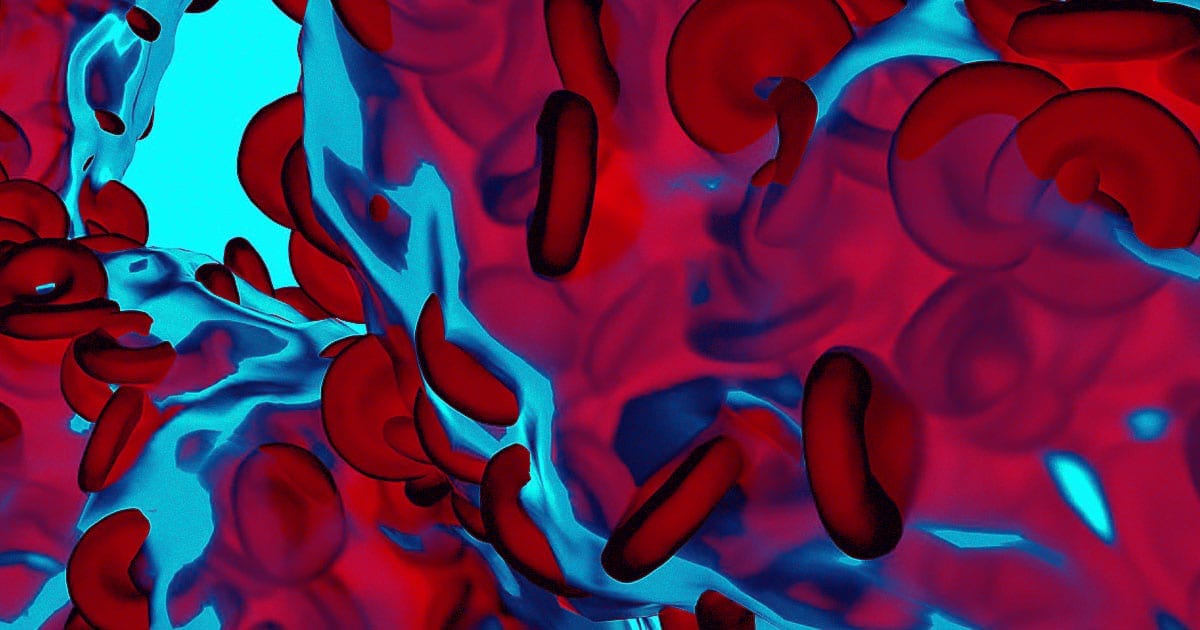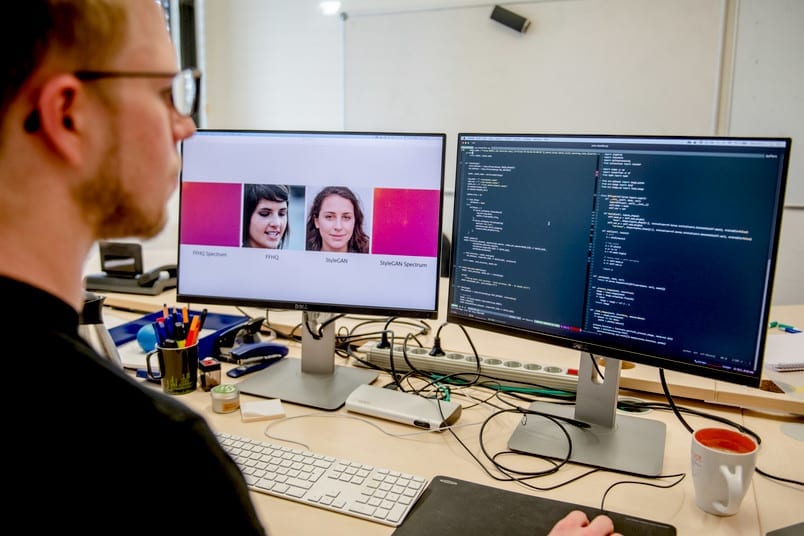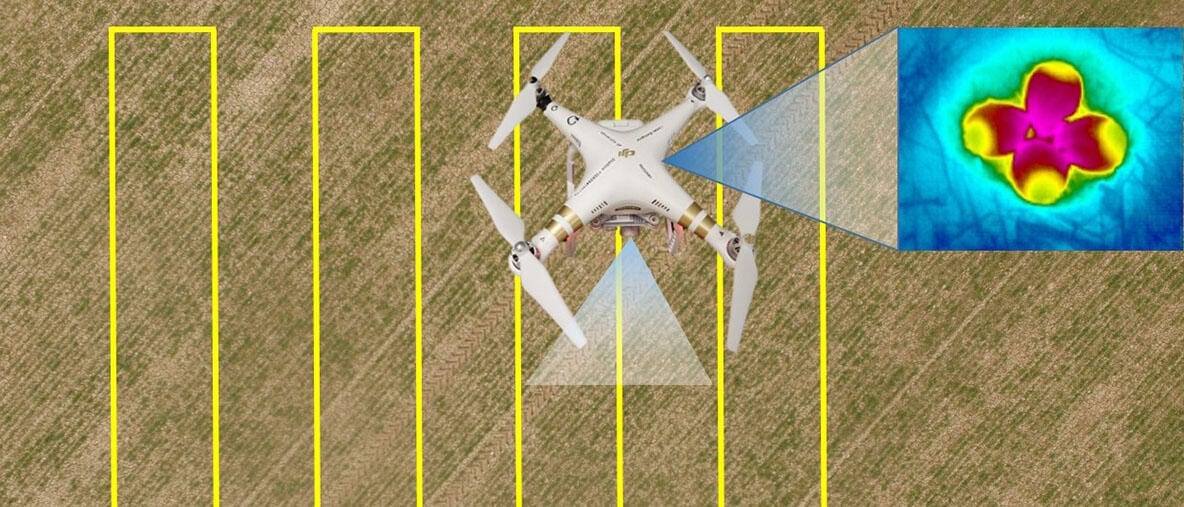
via Futurism
Genes that could help explain why some people age at different rates to others have been identified by scientists.
The international study using genetic data from more than a million people suggests that maintaining healthy levels of iron in the blood could be a key to ageing better and living longer.
The findings could accelerate the development of drugs to reduce age-related diseases, extend healthy years of life and increase the chances of living to old age free of disease, the researchers say.
Biological ageing
Scientists from the University of Edinburgh and the Max Planck Institute for Biology of Ageing in Germany focused on three measures linked to biological ageing – lifespan, years of life lived free of disease (healthspan), and being extremely long–lived (longevity).
Biological ageing – the rate at which our bodies decline over time – varies between people and drives the world’s most fatal diseases, including heart disease, dementia and cancers.
Data analysis
The researchers pooled information from three public datasets to enable an analysis in unprecedented detail. The combined dataset was equivalent to studying 1.75 million lifespans or more than 60,000 extremely long-lived people.
The team pinpointed ten regions of the genome linked to long lifespan, healthspan and longevity. They also found that gene sets linked to iron were overrepresented in their analysis of all three measures of ageing.
Iron’s role
The researchers confirmed this using a statistical method – known as Mendelian randomisation – that suggested that genes involved in metabolising iron in the blood are partly responsible for a healthy long life.
Blood iron is affected by diet and abnormally high or low levels are linked to age-related conditions such as Parkinson’s disease, liver disease and a decline in the body’s ability to fight infection in older age.
The researchers say that designing a drug that could mimic the influence of genetic variation on iron metabolism could be a future step to overcome some of the effects of ageing, but caution that more work is required.
The study was funded by the Medical Research Council and is published in the journal Nature Communications.
Anonymised datasets linking genetic variation to healthspan, lifespan, and longevity were downloaded from the publicly available Zenodo, Edinburgh DataShare and Longevity Genomics servers.
We are very excited by these findings as they strongly suggest that high levels of iron in the blood reduces our healthy years of life, and keeping these levels in check could prevent age-related damage. We speculate that our findings on iron metabolism might also start to explain why very high levels of iron-rich red meat in the diet has been linked to age-related conditions such as heart disease.
Our ultimate aim is to discover how ageing is regulated and find ways to increase health during ageing. The ten regions of the genome we have discovered that are linked to lifespan, healthspan and longevity are all exciting candidates for further studies.
The Latest Updates from Bing News & Google News
Go deeper with Bing News on:
Key to ageing better
- 8 bad habits that make you age faster, according to experts
Some factors associated with aging can be controlled. Doctors shared with Fox News Digital the eight most common unhealthy behaviors that speed up the aging process — and how to avoid them.
- Pumping Iron Is Key for Healthy Aging. Here's How to Start
S taying active as you age can help you feel better by reducing stress and giving you more energy. It can also ward off health disorders, such as depression and anxiety, and reduce the likelihood of ...
- Pumping Iron Is Key for Healthy Aging. Here's How to Start
The key is that when you balance weightlifting ... Overall, pumping iron can help you feel better and can reverse many effects that come with aging. The information contained in this article ...
- The secret to aging better than your parents
Steve Petrow, Washington Post columnist and author of Stupid Things I Won’t Do When I Get Old: A Highly Judgmental, Unapologetically Honest Accounting of All the Things Our Elders Are Doing ...
- The Key To Feeling Younger Than Your Years? Reversing Your Biological Age — And Here’s How To Do It
Factors associated with a lower biological age were: Genetics: family history, such as having grandparents who lived to ripe old ages Childhood: higher socioeconomic status, better diet and fewer ...
Go deeper with Google Headlines on:
Key to ageing better
[google_news title=”” keyword=”key to ageing better” num_posts=”5″ blurb_length=”0″ show_thumb=”left”]
Go deeper with Bing News on:
Slowing aging
- Health Headlines: Slowing your body’s aging
A new study says following certain lifestyle habits can not only improve your overall health but also slow your body’s aging by years.
- A novel deep proteomic approach unveils molecular signatures affected by aging and resistance training
A new research paper was published in Aging, entitled, “A novel deep proteomic approach in human skeletal muscle unveils distinct molecular signatures affected by aging and resistance training.” ...
- YOUR HEALTH: Following ‘Life’s Essential 8’ could slow aging by 6 years
The American Heart Association says certain lifestyle habits can not only improve your overall health, but also slow your body’s aging by years.
- Common Blood Pressure Drug Increases Lifespan And Slows Aging in Animals
The hypertension drug rilmenidine has been shown to slow down aging in worms, an effect that in humans could hypothetically help us live longer and keep us healthier in our latter years. Previous ...
- Cheap, decades-old drug could be secret to longevity: scientists
Scientists are testing their hypothesis with a study called the TAME Trial to see whether metformin can slow down aging and prevent disease in older healthy adults. The six-year trial aims to ...
Go deeper with Google Headlines on:
Slowing aging
[google_news title=”” keyword=”slowing aging” num_posts=”5″ blurb_length=”0″ show_thumb=”left”]










